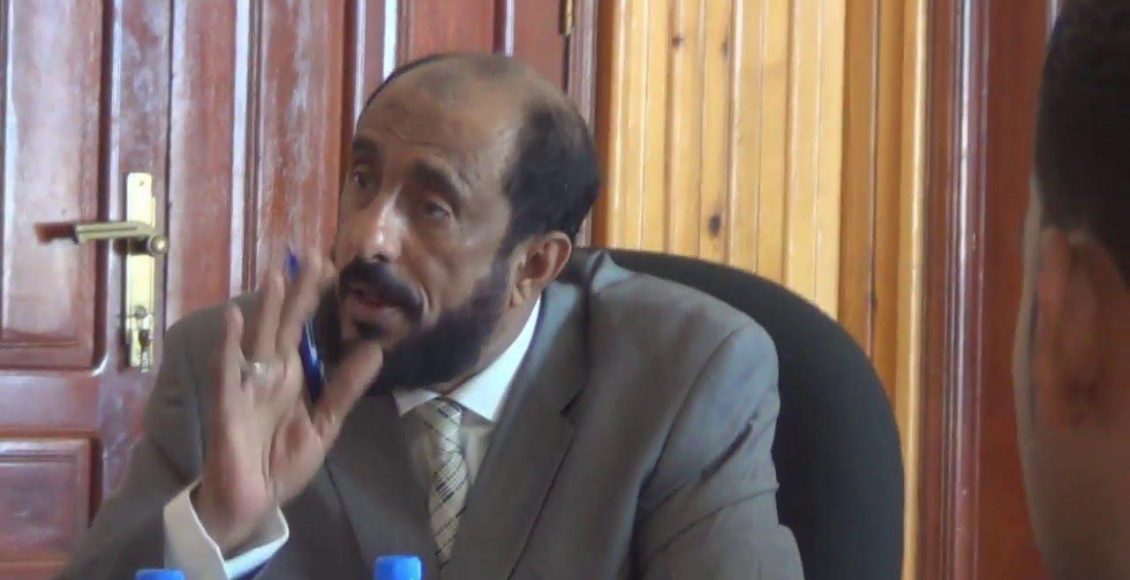MAHRAH, May 13 (YPA) -Sheikh Abdullah bin Issa Al Afrar, chairman of the General Council of the Sons of Mahrah and Socotra provinces, has called on the Saudi-led led coalition and the exiled Hadi to lift the restrictions on minister and former governor of Mahrah, Mohammed bin Keda, so that he will be able to return to his homeland Mahrah in eastern Yemen.
“The Province of al-Mahrah has enough of troubles. We do not need to any further aggravate and complicate the situation, as this does not serve anyone,” Sheikh Abdullah bin Issa Al Afrar said in a letter to Saudi-led coalition.
Al Afrar said that Saudi Arabia’s detention of Minister bin Keda is a serious matter, which cannot be accepted by al-Mahrah’s people, and that his staying under house arrest means to a lot to his tribe and to the sons of Mahrah in general.
He stressed that the repercussions of the issue would negatively affect the security and stability in the province.
In a related context, a member of the media committee of the Al-Mahrah sit-in protest, Ahmed Belhaf, has said that Saudi Arabia’s detention of former governor and state Minister of the exiled Hadi Mohammed Abdullah Bin Keda is part of the Saudi war against Mahrah province.
Belhaf asserted that Saudi Arabia’s detention, ban on travel and placing under house arrest of the minister is unacceptable.
He pointed out that the Saudi action against Bin Keda is not new, as Riyadh has previously prevented some social figures from leaving Saudi territory, keeping under arrest for a long time.
“We have to be very aware that all of this comes within the framework of fighting against sons of Mahrah, which is not far from the practices of the Saudi regime that targets the sons of Mahrah’s tribes, within the scope of its rule, and has reached the point of obstructing their procedures in extracting their own identity papers,” he said.
He noted that these measures had led to the obstruction of the Mahrah’s people, in the procedures of treatment, education, freedom of movement, marriage, and even the fact that they were harassed in burying the dead, which is allowed officially only after very difficult procedures.
“Saudi practices in Mahrah are not over yet, but it has been exploiting the conditions of war on Yemen since 2015, and practicing all methods of occupation and aggression in destabilizing security and stability of the province with its tools,” he concluded.
E.M


